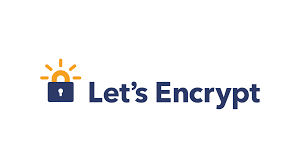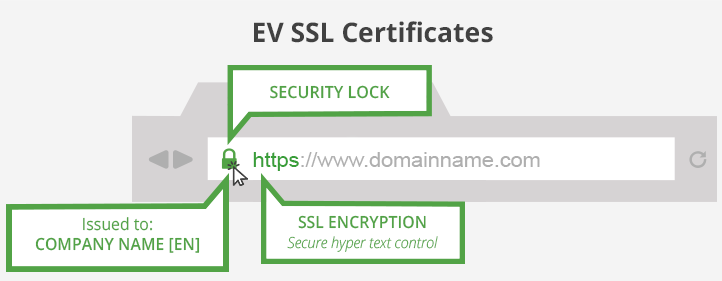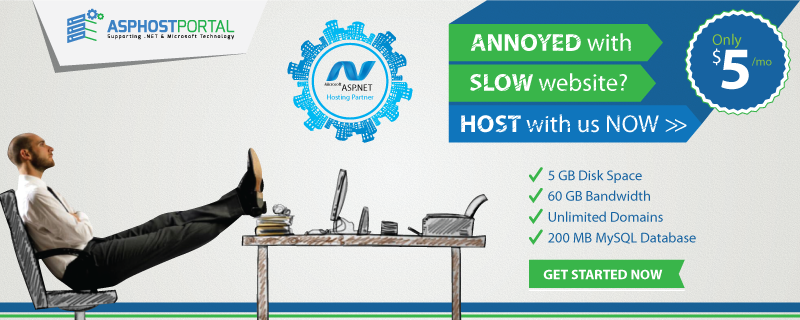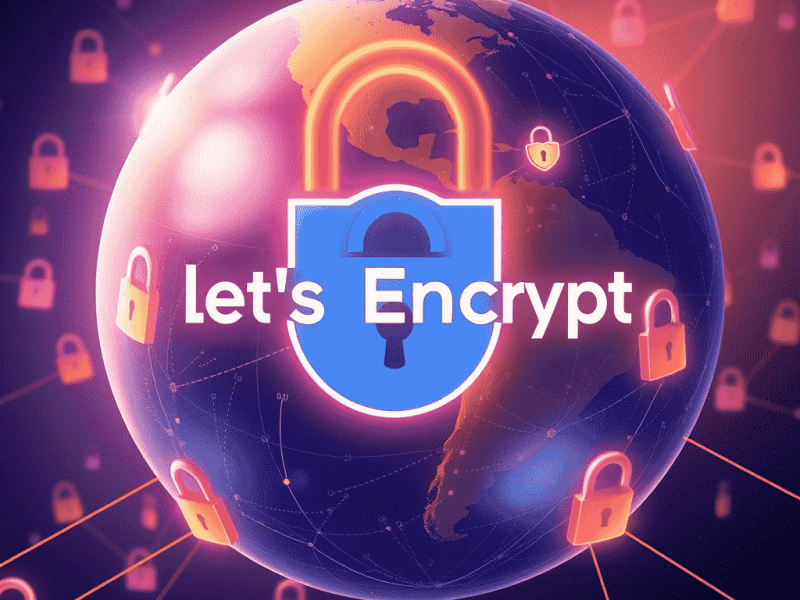Purchasing the appropriate SSL certificate is well worth the money when it comes to building trust online and safeguarding your reputation.
To enable an HTTPS (Hypertext Transfer Protocol Secure) connection for your website, you must purchase or renew an SSL certificate. Should you purchase it or can you obtain a free SSL certificate and save some money?
There are two categories for SSL certificates. A self-signed certificate is one that has not been signed by a Certificate Authority (CA), and an SSL certificate that has been issued and signed by reputable CAs is the other.
Numerous reliable SSL brands, including Comodo, GeoTrust, RapidSSL, GlobalSign, Thawte, and Digicert, are available if you’ve been searching for Paid SSL Certificates. An equivalent level of cryptography, such as 256-bit certificate encryption and 2048-bit key encryption, is provided by both free and paid SSL certificates to protect online data transmission between a web server and the user’s web client.
Paid SSL vs FREE SSL – Difference
For individuals who wish to verify domain names and implement HTTPS connections on their primary domain and several subdomains, a free SSL certificate is ideal. A user can observe HTTPS and the green padlock icon in the browser address bar once a free SSL has been installed on a website.
A free SSL certificate is your best bet if you want to instantly create an HTTPS connection on your website. Some features that come with Paid SSL, though, like longer certificate validity periods, a warranty in the event that a certificate is issued incorrectly, and visitor assurances regarding security and privacy, may be lost. The explanation for this is that no Organization Validation (OV) or Extended Validation (EV) is performed when free SSL certificates are issued. Free SSL certificates are only available through domain validation.
Certificate Validity Period
In terms of Certificate Validation Period, free SSL certificates have a shorter period than those issued by paid SSL certificates. Free SSL certificates typically have a 30- to 60-day validity period, but paid SSL certificates can have a 1- or 2-year validity period.

Warranty for Liability Protection
The term “warranty” in SSL refers to the liability protection provided to the end user when data is transmitted over an HTTPS connection. With free SSL, you won’t receive any warranty coverage in the event that the CA makes a mistake. A guarantee against monetary losses during information transfer or certificate issuance is offered by Paid SSL Certificate Authority. The CA warranty can be as low as $10,000 or as high as $175,000 in value.
Using Website Security Seals to Boost Client Confidence
A secure site seal is not included with free SSL. In contrast, paid SSL certificates from reliable certificate authorities like Comodo, RapidSSL, GeoTrust, GlobalSign, Thawte, and others are available with dynamic and static secure site seals to signify the security and reliability of websites. To confirm the accuracy of the site’s content, a visitor can click on the secure site seal, which can be either dynamic or static. As a result, website security seals are important for boosting visitors’ confidence in the legitimacy of websites, which increases conversion for online businesses.
Trust Visual Indicators
Free SSL typically only offers restricted trust visual indicators, such as HTTPS next to the website URL and a green padlock icon in the browser’s address bar. Paid SSL certificates, on the other hand, display the site seal, green padlock icon, and HTTPS. Let’s examine an illustration of the browser’s DV SSL trust indicators:

Certain Paid SSLs, such as the Extended Validation (EV) SSL certificate, show the name of the business and a dynamic site seal in the browser address bar. Because in order to issue an extended validation certificate within seven working days, Certificate Authority strictly verifies the company’s ownership, location, and legal existence. Many of you mistakenly believe that EV SSL is an expensive certificate, though. Numerous resellers provide the cheapest or most affordable EV SSL certificate, which will provide your website with an equivalent level of encryption strength. Let’s look at an illustration of the browser’s EV SSL trust indicators:

Which SSL is Ideal for Online Stores?
For the eCommerce sector to flourish, consumer trust is essential. When end users can quickly identify and comprehend the security measures offered by the company, trust is fostered. Since no Certificate Authority performs extensive organization verification, Free SSL lacks visible site security seals and does not display the company name in the browser address bar. Paid SSL certificates are issued by the Certificate Authority (CA) via the Extended Validation (EV) or Organization Validation (OV) method options. As a result, users or customers feel comfortable providing payment details in the online store.
How Do Paid SSL Certificates Show That They Are Well Worth Every Cent?
Every size online business can benefit from premium SSL certificates, which come with a 24/7 technical support staff. Leading Certificate Authorities including Comodo, RapidSSL, GeoTrust, Thawte, GlobalSign, and Digicert are reselling agents of ASPHostPortal. In the SSL market, ASPHostPortal is a well-known name because it offers the broadest selection of SSL Certificates at the most competitive prices, often with up to an 50% discount.
Additionally, you will receive an SSL certificate at a discounted price if you purchase the certificate for a total of five years.
Conclusion
Everyone needs a protective layer to shield them from Man-in-the-Middle attacks on the Internet in today’s hacker-infested digital world. That is the purpose of an SSL certificate. You can choose between a full-featured SSL certificate that offers every conceivable advantage and a free SSL certificate with the bare minimum of features. A free SSL certificate is your best bet if you want an HTTPS connection on a blog or any other website that doesn’t collect personal data from visitors or customers. It is advisable to use an Organization Validation or Extended Validation SSL certificate if your online business site collects payment information, login credentials, and other data from users.
Paid SSL certificates have many advantages, such as improved eCommerce store conversion rates, improved search engine rankings, and heightened customer trust.
Based on feedback from our customers, we are the most preferred and highly rated reseller of SSL certificates. In just a few easy steps, you can choose and possess your SSL certificate.
We hope that this post has made it easier for you to distinguish between paid and free SSL, allowing you to choose the best SSL for your website.

Andriy Kravets is writer and experience .NET developer and like .NET for regular development. He likes to build cross-platform libraries/software with .NET.



